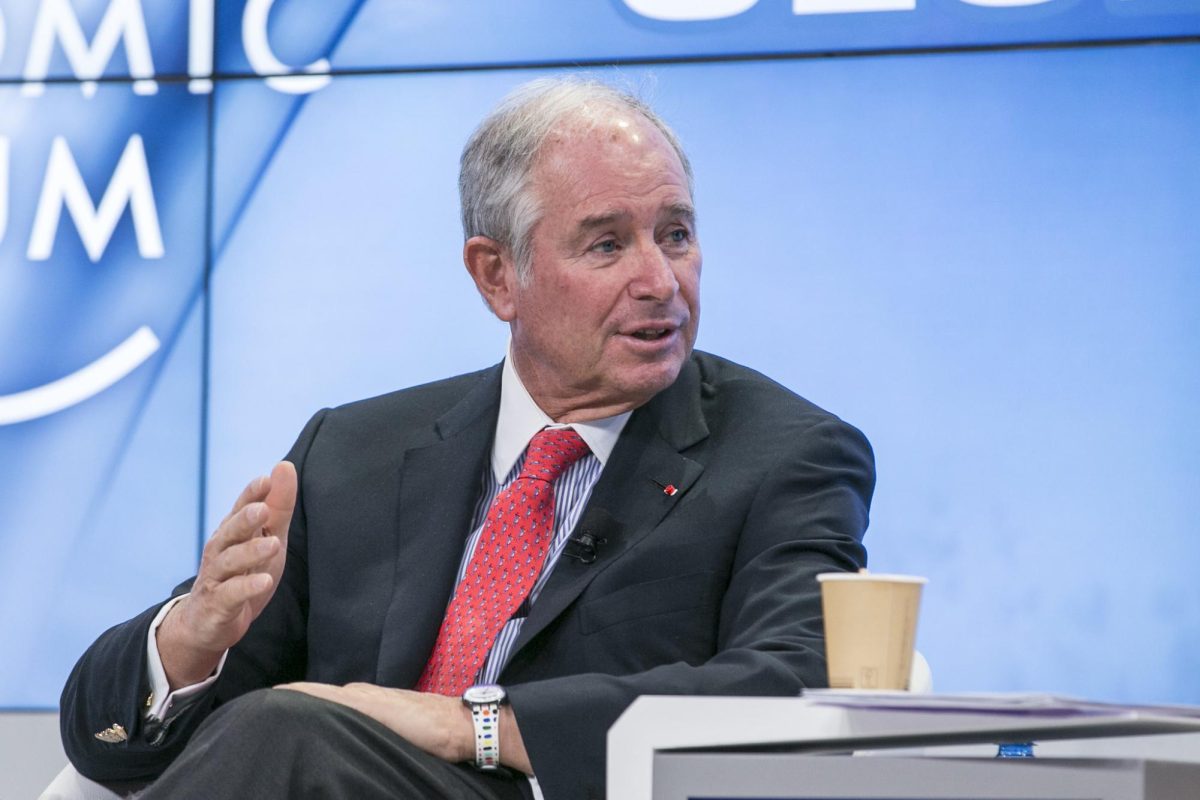Blackstone Inc. disclosed its third-quarter earnings on Oct. 19, missing analyst expectations yet demonstrating a robust financial stance amid challenging market conditions.
Blackstone’s reported third-quarter revenue of $2.54 billion, down 9.7% compared to the previous quarter, flat quarterly growth of assets under management of $1 trillion, 16% decrease in inflows — amounting to $25.3 billion — and distributable earnings of $0.94 per share or $1.2 billion fell short of analysts’ expectations of $1.01 per share.
Conditionally, Blackstone saw a 36% decrease in net profit from assets sales, amounting to $259.4 million, fueled by a slump in the alternative asset manager’s real estate division.
Inflows are the movement of funds or capital into financial accounts, assets and investments, demonstrating investor sentiment within a company. High inflows typically equate to growing investor optimism and high outflows suggest a loss in investor confidence.
Distributable earnings are the profits generated by a business used to be distributed to owners and shareholders, typically through dividends or other forms of payment.
“Blackstone delivered resilient third-quarter results despite challenging markets. Our investors continue to benefit from our strong sector selection — nearly all of our flagship strategies outperformed public benchmarks,” Stephen Schwarzman, Chairman and Chief Executive Officer of Blackstone, said in the earnings report. “Our exceptional long-term track record, unique breath and the power of our brand allowed us to raise over $25 billion of capital, and we are well positioned with record dry power of $200 billion to deploy in a dislocated environment.”
“Dry powder” is marketable securities or cash reserves raised by a firm that hasn’t already been invested and can be converted or used for investment.
Blackstone’s third-quarter performance downgraded its CFRA rating — a rating system for company stocks and other investment products used by investors to evaluate investment opportunities — from buy to hold.
Blackstone President Jon Gray attributed The Federal Reserve’s interest rate hikes to creating a challenging environment for the company due to impacts on markets and a reduction in the valuation of its assets under management.
Despite this, Gray noted that the firm’s resilient fee-related earnings and strong positioning in a “dislocated market” due to the $200 billion in dry powder provides flexibility.
“I point to two areas: one of them would be being a solutions provider, so our private credit business — which has grown to be quite large — we can help companies, we can help consumers in that area, we’ve got businesses like Tactical Opportunities [one of the business segments within the Blackstone Group] where we can provide liquidity to companies who need to deleverage,” Gray explained in an episode of CNBC’s Squawk Box. “And then the second area would be, you cannot rely on multiple expansion or just GDP group; I think you have to invest in areas where there’s some real long-term tailwinds.”
Schwarzman emphasized that the firm is navigating a challenging market and is committed to “driving the long-term value” of holdings through their flagship strategies and cited the addition of Blackstone in the S&P 500 last month as a leader in the industry.
“Blackstone is extremely well positioned to capture future opportunities for growth in the alternative area, which remains early in its long-term development,” Schwarzman said in an earnings call. “ We have led the industry’s evolution, and I expect we will continue to lead it in the future.”








